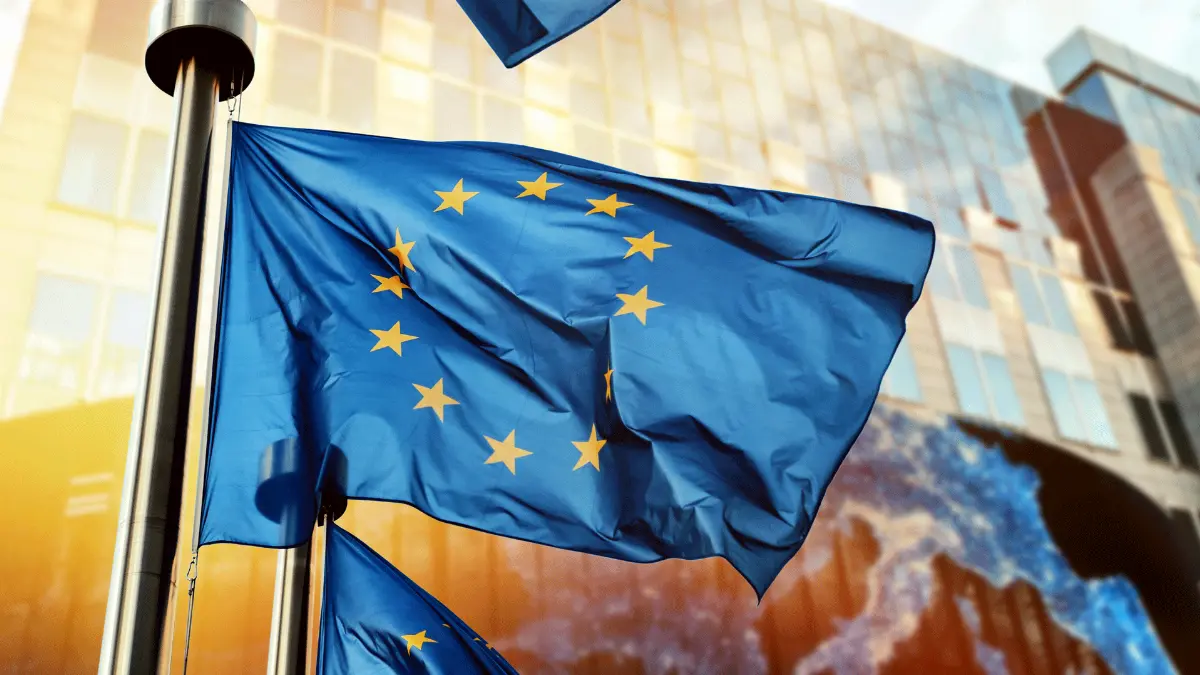
Do you want to access to this and other private contents?
Log in if you are a subscriber or click here to request service
Collins to coordinate development of new high-voltage distribution technologies
With EU industry partners under Clean Aviation HECATE project

Collins Aerospace will coordinate the development of new high-voltage electric power distribution technologies under the European Union’s Clean Aviation HECATE project. For this plan, which stands for Hybrid-ElectriC regional Aircraft distribution TEchnologies, Collins will lead the project’s steering committee, while Safran will serve as technical coordinator. The two companies will work with a c...
red/f - 1249119
AVIONEWS - World Aeronautical Press Agency
AVIONEWS - World Aeronautical Press Agency